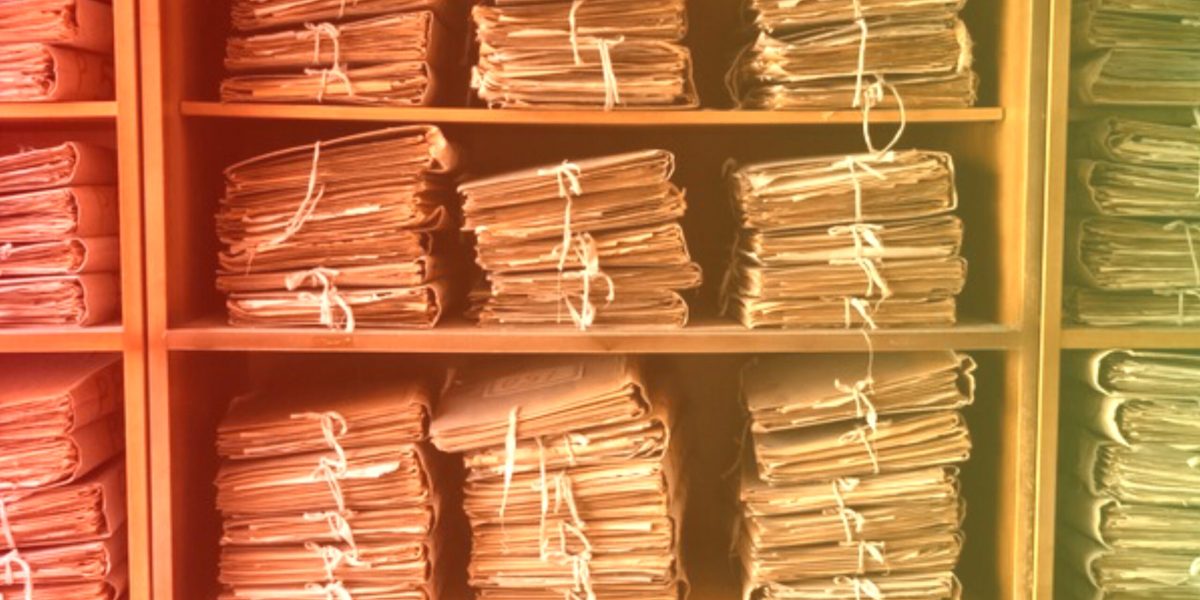Documentary Poetry: Politics of Memory and the 'Desire for an Archive'

Faculty:
This is an in-depth course dedicated to exploring various strategies and modes of writing documentary poetry, one of the most curious trends in contemporary literature, which has been developing intensively during the last three decades. By using legal and historical materials, public and family archives, ego-documents and folklore, journalistic reports and news reports, photo and video archives, as well as sociological and ethnographic research as its sources, the authors of documentary poems are dealing with what Wallace Stevens called “the pressure of reality.” These practices significantly expand our understanding of what poetic form can be today.
By exploring theoretical and critical works on contemporary documentary poetry, memory politics, and trauma theories, we will discuss the ethics and politics of documentary writing, problems of artistic appropriation and the “poetics of testimony”, forms of individual and collective authorship, as well as the boundaries of poetic work on personal and collective memory.
How can a document be “transposed” into a poetic text? What is the genealogy of documentary poetry and how is it related to avant-garde and conceptual practices of poetry writing? How can documentary poems help us experience and comprehend traumatic historical and political events? Can documentary poetry be a form of political resistance? And, finally, can documentary poetry, as Donovan Kūhiō Colleps suggests, “inverse the colonial/ imperial powers of documents”?
We will deal with these and other questions by reading and analyzing poems by Charles Reznikoff, Muriel Rukeyser, M. NourbeSe Philip, Philip Metres, Mark Novak, Banu Kapil, Don Mee Choi, Sasha Dugdale, Hanna Komar, Oleksandr Averbukh, Jean-Patrice Courtois, Daria Suzdalova, Aiya Musakhan, Ida Börjel, Mikhail Sukhotin, Lida Yusupova, Sergey Zavyalov, etc.
During the course, you will carry out an extensive documentary poetry study, as well as a series of creative classroom and homework assignments focused on interdisciplinary and poetic work with documents.
Guidelines for the Statement of Interest:
Craft a reflective statement of purpose explaining your interest in the Smolny Beyond Borders online course. The file should be saved with your name and course title as the filename and uploaded accordingly. Your statement’s clarity and substance will significantly influence our selection. Convey your motivations and aspirations for this course succinctly but thoroughly. Kindly write your statement in the course’s Language of Instruction.